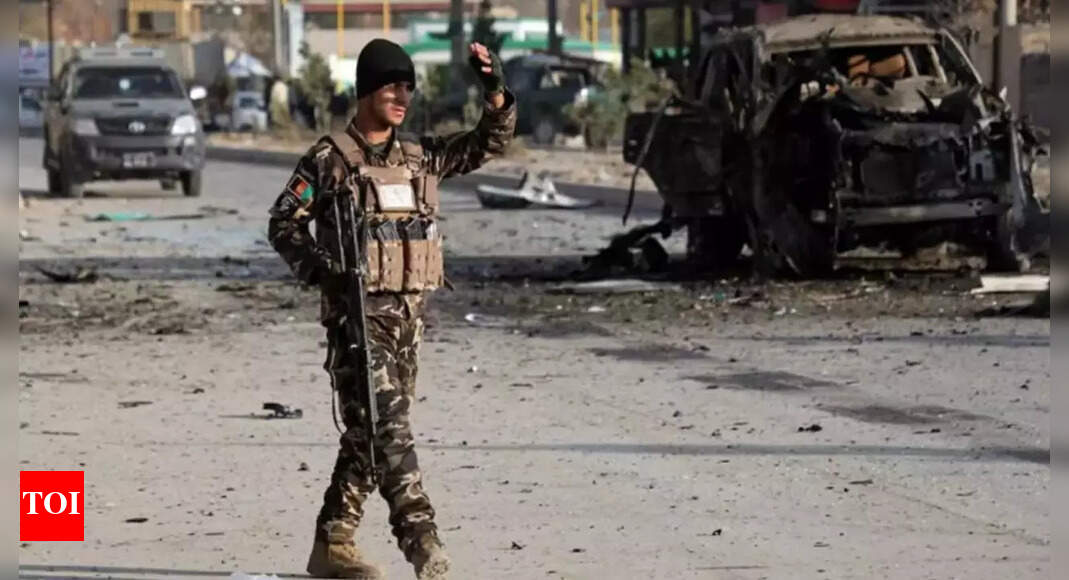According to reports, the Taliban claimed that at least 58 Pakistani soldiers were killed in the ongoing clashes, describing the operations as part of a “revenge op” and issuing a stern warning against further incursions. Pakistani authorities, however, have not independently confirmed the full scale of these losses.
The fighting has involved a combination of ground assaults and air strikes. Kabul has accused Islamabad of carrying out cross-border strikes targeting Taliban positions, while Pakistan has warned of decisive action against militants operating from Afghan territory. The clashes have reportedly taken place at seven key border points, with roadside bombings and gunfire contributing to casualties on both sides.
Earlier incidents along the border included a Taliban attack near Blida, where 11 Pakistani paramilitary troops were killed in a combination of roadside bombings and gunfire, according to the Tehreek-e-Taliban Pakistan (TTP), which claimed responsibility.
Amid the escalation, international attention has turned to Saudi Arabia, which recently signed a defense pact with Pakistan formalizing collective security. While Riyadh has publicly urged restraint and dialogue, analysts note that the agreement positions the kingdom as a strategic backstop for Islamabad in case the conflict intensifies. Saudi Arabia’s support, though cautious, could have significant geopolitical implications, especially given US interests in Afghanistan and the region’s complex web of alliances.
The clashes have raised concerns about civilian safety and regional stability. Both sides have accused the other of using civilians as shields and violating agreements meant to maintain peace along the border. Observers warn that continued escalation could trigger a broader conflict, drawing in neighboring countries and potentially destabilizing South and Central Asia.
